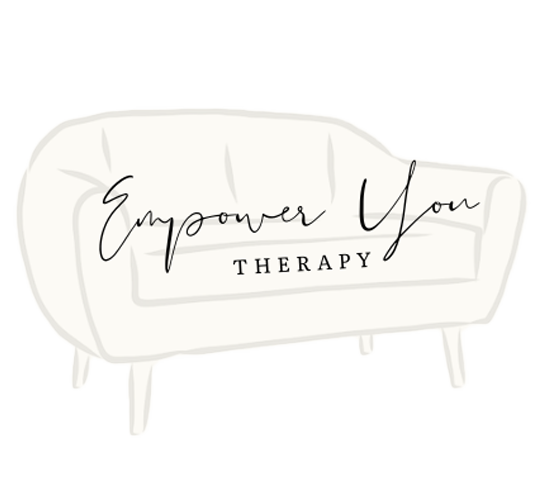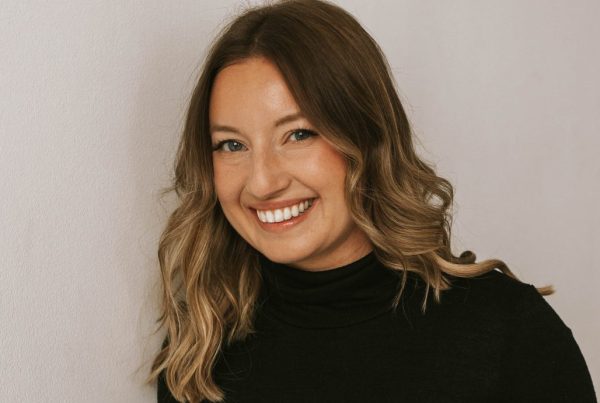Table of Contents
- Introduction
- The Impact of Attachment Styles on Relationships
- The Role of Relationship Counseling in Addressing Attachment Issues
- Practical Strategies for Strengthening Emotional Bonds
- Introducing Empower You Therapy Utah
- Conclusion
- FAQs
Introduction
Understanding the nuances of our emotional connections can be a game-changer in relationships. If you’ve ever searched for “relationship counseling near me,” you may be looking for insights that go beyond surface conflicts and delve into the deeper layers of attachment and connection. This article explores how understanding attachment styles can strengthen your emotional bonds and enhance your sense of security within your relationship.
Understanding Attachment Styles
Overview of Attachment Theory
Attachment theory, initially developed by John Bowlby, suggests that our early relationships with caregivers shape how we attach to others throughout our lives. These formative experiences influence our expectations and behaviors in adult relationships, often operating beneath the surface of our conscious awareness.
Common Attachment Styles
Understanding common attachment styles can help illuminate patterns that may be affecting your relationship:
- Secure Attachment: This style is characterized by a healthy balance between closeness and independence. Individuals with secure attachment tend to feel comfortable with intimacy and support within relationships. They can communicate openly, trust others, and maintain emotional stability even when apart. In conflict, they are generally able to collaborate with their partner towards resolution without feeling threatened.
- Anxious Attachment: People with an anxious attachment style often seek high levels of closeness and approval. They may worry about their partner’s availability and need frequent reassurance due to fears of abandonment. This can manifest as clinginess or heightened sensitivity to signs of rejection. For instance, they may overanalyze messages or reactions from their partner, fearing that distance implies loss of love.
- Avoidant Attachment: Those with an avoidant attachment style value independence to the extent that they often distance themselves emotionally from others. They may appear self-reliant and uncomfortable with closeness, and may avoid deep attachment to prevent vulnerability. In relationships, this can result in partners feeling isolated as avoidant individuals suppress emotions and minimize dependency on their partner.
- Fearful-Avoidant Attachment: Also known as disorganized attachment, this style is characterized by a push-and-pull dynamic where individuals desire closeness but are simultaneously fearful of it. This conflict often arises from past trauma or inconsistent caregiving patterns. These individuals may exhibit both anxious and avoidant behaviors, leading to unpredictable relationship patterns fraught with cycles of heightened need and withdrawal.
The Impact of Attachment Styles on Relationships
How Attachment Styles Affect Emotional Bonds
Attachment styles significantly influence how couples communicate, resolve conflicts, and connect emotionally. For example, take Emily and Ben: Emily’s anxious attachment led her to constantly seek validation from Ben, while Ben’s avoidant style made him retreat during emotional discussions. This dynamic often resulted in misunderstandings and feelings of emotional distance.
Recognizing Attachment Patterns in Couples
If you’ve been searching for “marriage counselors near me,” a key component of therapy may involve working with couples like Emily and Ben to identify each partner’s attachment style. This awareness helps transform their relationship dynamics, promoting greater empathy and understanding of each other’s needs.
The Role of Relationship Counseling in Addressing Attachment Issues
Exploring Attachment in Counseling Sessions
In counseling, we delve deeply into the intricacies of each partner’s attachment style to better understand the underlying motivations and fears driving their interactions. We’ll explore past relationship experiences and family histories to uncover how these have shaped your current attachment patterns. This process can illuminate why you behave the way you do, opening the door to meaningful change.
Enhancing Emotional Security
Creating a safe and secure relational environment is critical. Counselors encourage partners to engage in vulnerability-building exercises that strengthen trust. Activities might include sharing personal fears and dreams, helping partners see each other as allies rather than adversaries. By doing so, partners begin to replace old patterns with new, supportive interactions that foster trust and intimacy.
Practical Strategies for Strengthening Emotional Bonds
Below are some strategies that you can use both at home and will be worked on in couples counseling:
Building Empathy and Understanding
Empathy is a powerful tool in bridging attachment-related gaps. Couples can engage in activities that encourage stepping into each other’s emotional worlds, fostering a deeper connection. For Emily and Ben, practicing active listening with empathy allowed them to validate each other’s experiences rather than react defensively.
Improving Communication and Connection
Effective communication techniques, such as using “I” statements and expressing appreciation, support deeper emotional intimacy. These practices encourage openness and provide partners with avenues to share thoughts and feelings, thereby minimizing misunderstandings.
Addressing Attachment-related Conflicts
Conflict is inevitable, but it doesn’t have to be destructive. Couples learn tools for managing disagreements with sensitivity, recognizing how their attachment styles influence their reactions during conflicts. With guidance from “marriage counselors near me,” Emily and Ben developed strategies to pause and reflect rather than escalate arguments.
Introducing Empower You Therapy Utah
Integrating Attachment Style Work in Couples Therapy
At Empower You Therapy Utah, we prioritize addressing attachment styles in our couples therapy. Our expert therapists guide couples through understanding and working through their attachment dynamics. By integrating this work into our sessions, couples can strengthen their emotional connections and achieve lasting satisfaction.
Our compassionate approach ensures that each partner feels supported in their journey toward emotional wellness. We focus on personalized care, helping you and your partner navigate the complexities of modern relationships with tools grounded in attachment theory.
Conclusion
Understanding attachment styles is key to enhancing emotional bonds and fostering security within relationships. If you’ve been considering “relationship counseling near me,” exploring these dynamics with professional guidance can lead to profound transformations in your partnership. By addressing attachment issues, you can cultivate a relationship filled with empathy, trust, and authentic connection. Consider reaching out to Empower You Therapy Utah or another local provider for dedicated support on your path to a fulfilling and resilient partnership.
FAQs
1. Who can benefit from marriage and couples counseling?
Any couple experiencing recurring conflicts, emotional distance, or seeking to strengthen their bond can benefit. Even healthy relationships can use marriage and couples counseling as a preventive measure.
2. How long does couples therapy usually take?
The duration varies depending on the issues at hand, frequency of sessions, and the couple’s commitment to the process. Some find clarity in a few sessions, while others may need months of consistent work.
3. Is online couples counseling effective?
Online couples counseling can be highly effective, especially for those who face scheduling challenges or prefer the comfort of their own homes. Research suggests virtual therapy can be as beneficial as in-person sessions for many couples.
4. Can I attend therapy alone if my partner is unwilling?
Absolutely. While couples counseling services typically involve both partners, individual therapy can still help you develop coping strategies and communication skills that may positively influence your relationship.
5. What should we expect in our first session?
Your first session usually involves discussing your relationship history, current challenges, and goals. This initial conversation helps the therapist tailor the therapeutic approach, whether it’s emotional intimacy therapy or premarital counseling services.




